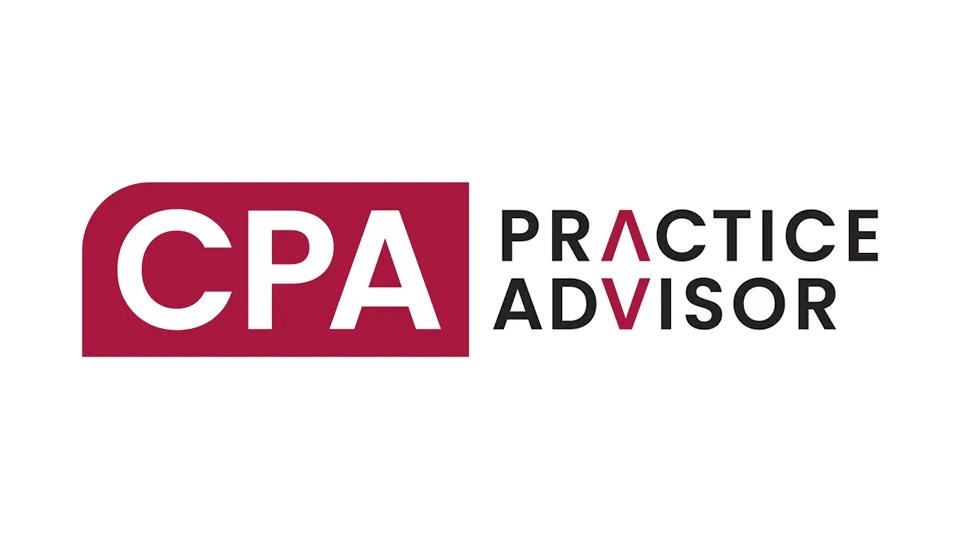
December 11, 2012
Bisk CPEasy Extends Webcast Series for Oil and Gas Industry Finance Professionals and CPAs
Bi-monthly live webcasts provide access to technical training, industry best practices, news and trends.

December 11, 2012
Bi-monthly live webcasts provide access to technical training, industry best practices, news and trends.

December 11, 2012
Bi-monthly live webcasts provide access to technical training, industry best practices, news and trends.